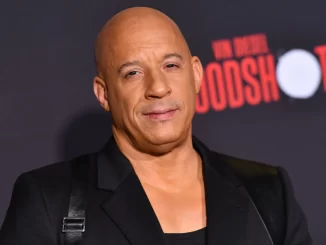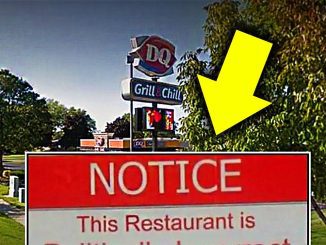The Waorani people of Pastaza, a province in eastern Ecuador, just managed to save seven millions of acres of Amazonian rainforest by winning a major lawsuit against the Ecuadorian government.
The government had plans to auction off the land to be drilled for oil, as published in an Upworthy article titled “Millions of acres of rainforest saved: A tiny Amazon tribe just defeated big oil in a historic lawsuit.”
The ruling not only protects these seven million acres of tropical rainforest but also one million acres currently under government-sanctioned oil drilling.
ASU Center for Biodiversity Outcomes affiliated faculty David Manuel-Navarrete and Tod Swanson, along with colleague Leah Gibbons, are leading the scaling of Indigenous Sustainability Field Schools across the Waorani territory in Ecuador.
Through a project funded by the Global Consortium for Sustainability Outcomes these innovative schools create green jobs for Waorani families, build on the regions’ biodiversity and indigenous cultures and provide unique in-the-field education opportunities to university students.
Even though the schools might not create enough momentum to stop oil extraction in the long-term, they provide Waorani with alternative sources of income, incentives to enhance their biocultures and a stronger position to keep oil companies accountable.
The schools also serve as an incentive to avoid oil roads becoming the avenues through which palm oil and cattle ranching devastate this unique Amazon rainforest.
In the article, Mitch Anderson, Executive Director of Amazon Frontlines, celebrates the implications of the court ruling: “This is a huge step forward in the battle to ensure indigenous people’s right over their land are respected.”
We couldn’t agree more; this is a big win not only for the 16 communities that compose the Waorani tribe but for all of humanity.


